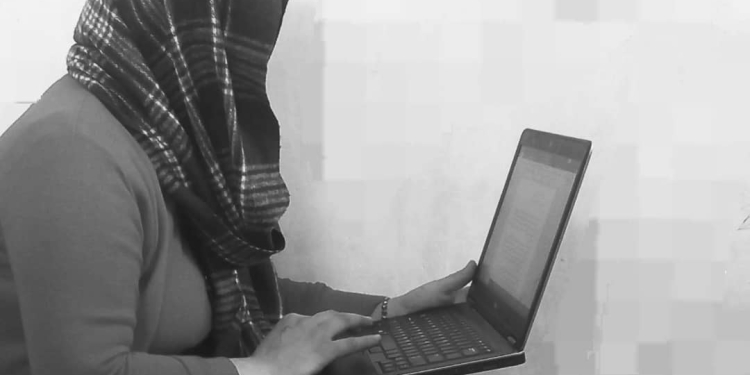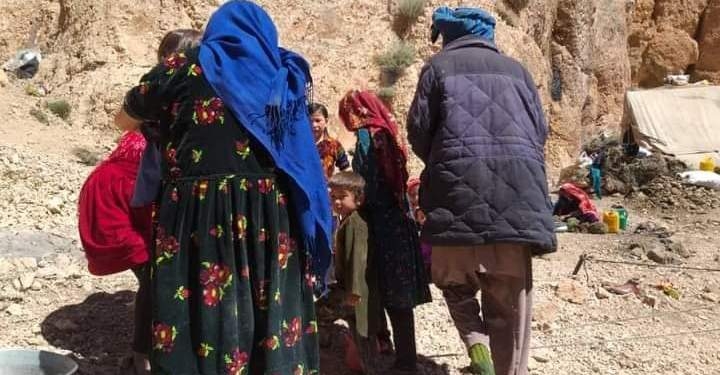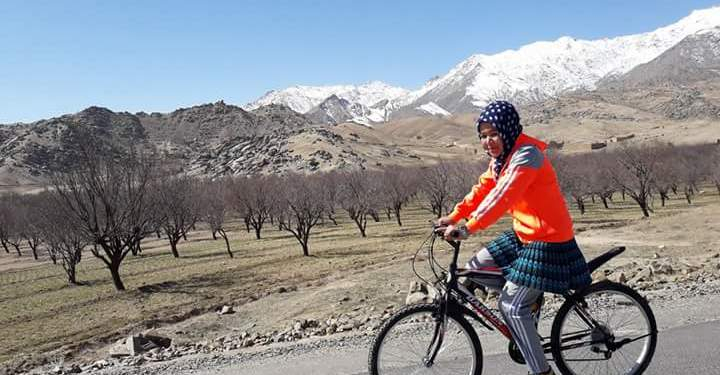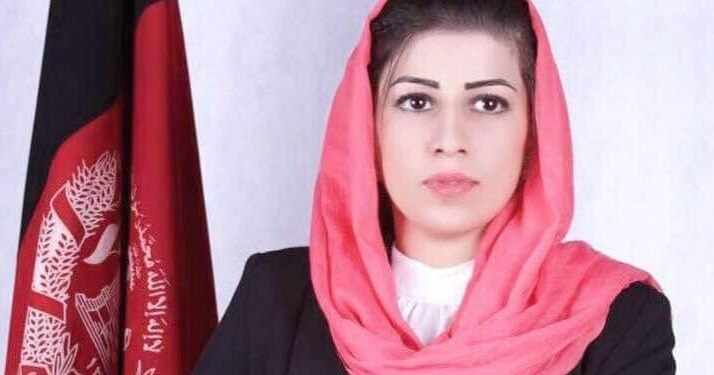By: Sayah
After the Taliban’s return to power, the lives of women and girls in Afghanistan have entered a dark phase marked by structural violence. Among all the forms of miseries, forced marriages and child marriages have risen to unprecedented levels, becoming one of the most serious human rights crises. Countless families, trapped by poverty, economic pressure, patriarchal traditions, and discriminatory laws, are forcing their young daughters—often still children or adolescents—into marriage with older men. On September 21, 2024, UNICEF reported that South Asia, including Afghanistan, has the highest rate of child marriages in the world, with 290 million cases.
Reports also indicate that in Afghanistan, around 28.7% of girls are married off before turning 18, and 9.7% before the age of 15. Among women and girls who are illiterate, the rate rises to over 35%. These are not just statistics; they reflect the lived reality of millions of Afghanistani girls—those who, before they can even experience childhood, fall victim to tradition, poverty, and the repressive policies of patriarchal and Taliban rule.
Concrete examples of this situation are unfolding across provinces in Afghanistan every day, many of them never reaching the media. Simanah (a pseudonym), a 28-year-old woman from Malistan district in Ghazni province, was forced a few months ago to marry against her will due to economic hardship. “Except for my father, no one in our family wanted this marriage,” She recounts. “But as soon as I and other family members objected, my father threatened everyone. He told my mother that if she didn’t persuade me to accept the marriage, he would divorce her. I was put in a very difficult position, with nowhere to file a complaint. Taliban are everywhere, and regard obedience to a father’s word as obligatory.” Simanah’s story paints a clear picture of a reality where not only are forced marriages imposed, but access to justice is effectively blocked.
The Taliban, in their official statements, claim that over the past years, they have prevented thousands of forced marriages and even restored women’s Islamic rights, including their rightful share of inheritance. However, independent reports and field investigations tell a very different story. Over the past four years, in many parts of northern and western Afghanistan, families have been pressured and threatened into marrying off their daughters to the Taliban members.
On August 2, 2024, in Khash district of Badakhshan province, a woman in the village of Shahran, in protest against the forced marriage of her 19-year-old daughter to a Taliban member, took her own life by consuming poison in front of her daughter’s eyes. The Taliban member had forced the girl into engagement months earlier and, despite the family’s strong objections by the family, was preparing for the wedding party. According to sources, the girl herself had also attempted suicide several times before, but each time her family had managed to save her. Her family members had been threatened with “punishment” if they filed a complaint.
Likewise, on June 4, 2024, a young girl in Sang-Atash district of Badghis province committed suicide after being forced into marriage with a married man. Before that, on January 18, 2024, Malalai, a 17-year-old girl from Deh-Salah district in Baghlan province, after four months of forced marriage to a 37-year-old man and repeated unsuccessful attempts to resist, ended her life by consuming poison. On April 3, 2024, 15-year-old Fahima from Kohistanat district of Sar-e-Pol province hanged herself after being forced into an engagement with a man in exchange for 700,000 Afghanis (about $10,000). On December 21, 2023, a young girl in the sixth district of Jalalabad, Nangarhar province, ended her life with a Kalashnikov in protest against a forced marriage. On October 6 of the same year, a 16-year-old girl in Qadis district of Badghis province committed suicide, and before that, on June 21, 2022, a girl in Sayed Baba village, in Saighan district of Bamiyan province hanged herself after being forced into marriage with her cousin.
These are only a handful of examples from a deeply disturbing pattern.
According to figures previously published by SIGAR, within just one year after the Taliban’s takeover—between December 2022 and February 2023—578 cases of forced marriage were recorded, 361 of which involved underage girls. In rural areas, however, the actual numbers are likely much higher.
Alongside forced marriages, child marriage in particular stands out as one of the most devastating aspects of this crisis. While in many countries the legal age of marriage is set at 18, the Taliban invoke an interpretation of Sharia that considers puberty for girls to begin at the age of nine and deems the marriage of young girls legitimate. Under such a system, these girls, stripped of freedom and choice, face a future where their physical and psychological well-being is destroyed, perpetuating cycles of poverty and inequality across generations. Many suffer irreversible harm caused by the physical toll of early pregnancies, malnutrition, and domestic violence.
The dimensions of this crisis are not limited to adolescent and young girls. Widows and women without sons also face intense social and familial pressure. In the traditional, tribal structure—reinforced by Taliban laws—the absence of a son in a household is often seen as the absence of an “heir” or “supporter.” This outlook pushes women into situations where families, in order to preserve land, inheritance, or even family honor, compel them to remarry—often to older men or as the second or third wife of a married man. These marriages are less about emotional needs or personal choice than they are about survival—a deal in which women are reduced to tools securing economic and social stability. Such mechanisms reveal that forced marriage is not confined to childhood or adolescence: women of any age, if widowed or without a son, remain vulnerable to the same cycle of coercion and disempowerment.
Alongside poverty and patriarchal traditions that had long cast their shadow over women’s lives, the Taliban’s rule has brought this cycle to its peak. Misogynistic laws and the repressive structure of the Ministry for the Promotion of Virtue and Prevention of Vice have effectively shut every window for women’s resistance or advocacy. In a society where tribal custom had already stripped girls and women of the right to choose, the Taliban have now formalized those injustices through law and the power of the gun. Women not only lack the ability to protest against forced marriage or domestic violence, but even the smallest expression of dissent can lead to imprisonment, torture, or even death. This combination of tradition, poverty, and religious authoritarianism has imposed a heavy silence on women’s lives in Afghanistan, trapping them in an endless cycle of coercion, fear, and powerlessness.
The psychological and social consequences of this reality go far beyond individual harm and have become a collective crisis. Girls and women who are forced into marriage or subjected to domestic violence before reaching mental and social maturity bear lasting psychological wounds. Rising rates of depression, anxiety, and suicide attempts are only the visible signs of this crisis.
The crisis of forced and child marriage in Afghanistan is the result of the intersection of structural poverty, patriarchal traditions, and the repressive policies of the Taliban, terrorist group. This phenomenon not only destroys the future of thousands of girls, but also brings wide-ranging social consequences, including increased domestic violence, psychological trauma, and social instability. The silence and inaction of the international community in the face of this situation effectively legitimizes the continuation of this cycle of violence and emboldens the Taliban in their oppression of women.






